Last updated: January 23, 2021
Article
More to Explore at Your National Parks
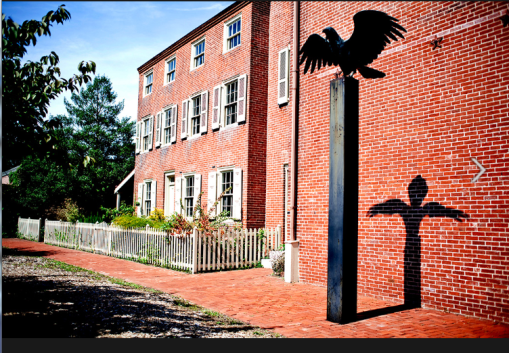
NPS photo
*The National Park Service as of 2021 has 427 sites.
When I say “national parks,”or National Park Service, what comes to mind? If you’re being honest, you might say something like the Grand Canyon, Yellowstone, Everglades, or maybe even Cuyahoga Valley if you’re from northeast Ohio. Many of our visitors at James A. Garfield National Historic Site are surprised to find out that our presidential home site is a national park, and more so that the National Park Service encompasses hundreds of “non-nature” sites that tell the history of important people and places in our nation’s history.
Of the 401 units of the National Park Service, over half (257) are history and culture sites. We have special names or designations*, for all our sites, and those describing history/culture sites include:
- National Battlefields (Antietam, Fort Necessity)
- National Battlefield Parks (Manassas, Richmond)
- National Battlefield Site (Brice Cross Roads)
- National Military Parks (Gettysburg, Shiloh)
- National Historical Parks (Abraham Lincoln Birthplace, Dayton Aviation Heritage)
- National Historic Site (James A. Garfield, Brown v. Board of Education)
- International Historic Sites (Saint Croix Island)
- National Memorials (Arlington House, Flight 93)
- National Monuments (Aztec Ruins, George Washington Birthplace)
*For a complete list of all the national park designations, see www.nps.gov/classlist
I’d like to share a small sample of national historic sites which may not be as well-known as our bigger, more nature-related cousins out west, but still have an important story to tell. Even less well-known is the fact that each one of the people at the sites below can be tied in some way to James A. Garfield!
Edgar Allan Poe National Historic Site – Philadelphia, Pennsylvania
This site preserves the home rented by Poe from 1843-1844. It was from this home that Poe had the most prolific period of his career, including stories like The Black Cat which was inspired by the basement in the Poe home. James A. Garfield briefly mentioned The Raven in his diary, and had two volumes of Poe works in his book collection (they now sit on the shelves in the Memorial Library).
www.nps.gov/edal
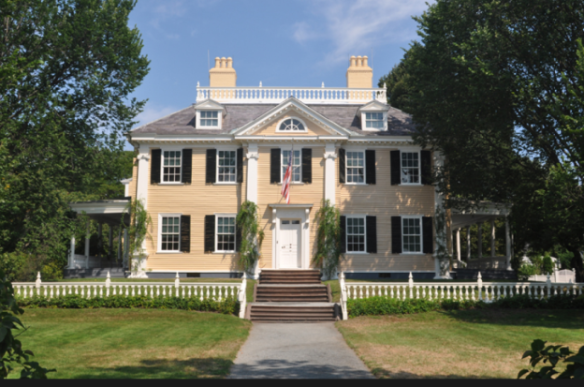
NPS photo
This historic site preserves the home of Henry Wadsworth Longfellow, one of the world’s foremost 19th century poets. The house also served as headquarters for General George Washington during the Siege of Boston, July 1775-April 1776. In addition to its rich history, the site offers unique opportunities to explore 19th century literature and arts. On New Year’s Eve, 1852, Garfield wrote in his diary. “…read Longfellow’s ‘Hymn to the Closing Year.’ Memories of by-gone days flit through my mind.” www.nps.gov/long
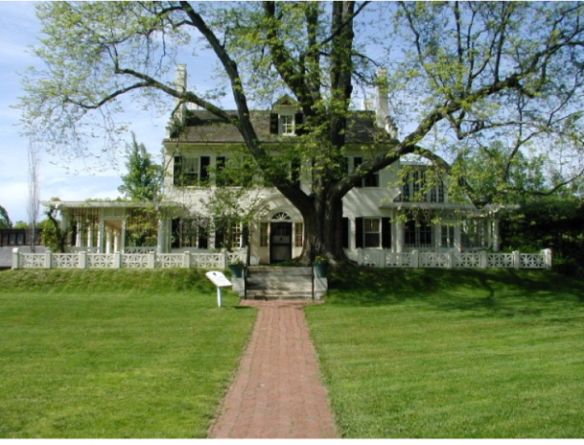
NPS photo
Augustus Saint-Gaudens was one of America’s greatest sculptors who created over 150 works of art, from exposed cameos to heroic-size public monuments. Some of his works include Standing Lincoln and the 1907 Twenty Dollar Gold Piece, considered America’s most beautiful coin. Saint-Gaudens also had a personal connection to James A. Garfield: he sculpted the death mask we have on display in our Visitor Center today. The site maintains “Aspet”, the sculptor’s home, galleries containing some of his works, gardens, and over 100 acres of forested grounds with nature trails. www.nps.gov/saga
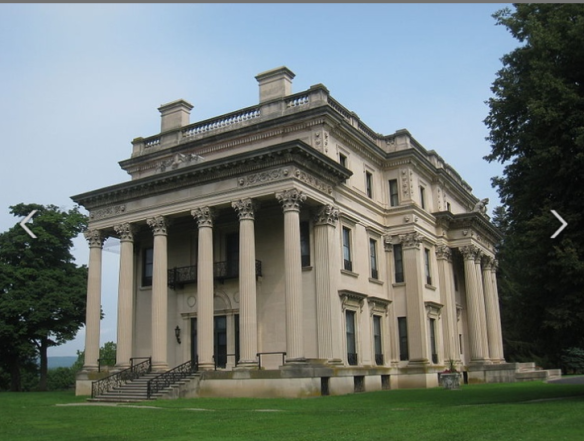
NPS Photo
A look at the interior of Vanderbilt Mansion may make you wonder about the direction Lucretia Garfield could have taken with the expansion of the Garfield home after the President’s death. This home, built about 10 years after the 9-room expansion to the Garfield home (1884-1886), represents the world of an American millionaire during the Gilded Age, and was established by the NPS as a monument to an era rather than a tribute to one family or person. Today, the site contains 211 acres surrounding the Vanderbilt Mansion. The land contains trails, centuries-old tree plantings, views of the Hudson River and Catskill Mountains, and Italian gardens. www.nps.gov/vama
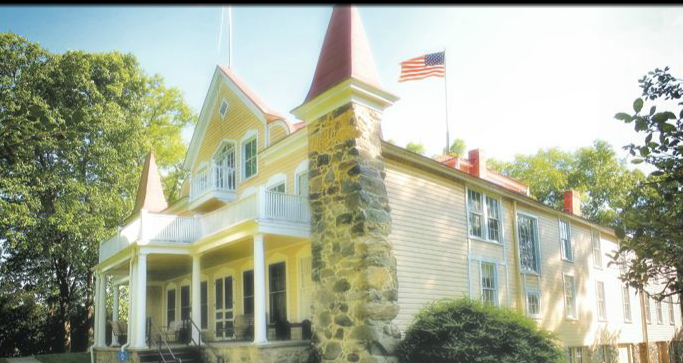
NPS Photo
Clara Barton National Historic Site preserves the home of the foundress of the American Red Cross, where she lived from 1897-1912. As President Garfield lay incapacitated by an assassin’s bullet in 1881, he signed a treaty allowing for collaboration between Ms. Barton and the International Red Cross to establish a national organization in the United States. This site interprets the last 15 years of Clara Barton’s life, and highlights the many accomplishments she made in the field of personal medical care throughout her lifetime.
www.nps.gov/clba
We’ll do another post about more history and culture sites soon!
Written by Allison Powell, Park Ranger, James A. Garfield National Historic Site, November 2014 for the Garfield Observer.
Tags
- clara barton national historic site
- edgar allan poe national historic site
- james a garfield national historic site
- longfellow house washington's headquarters national historic site
- saint-gaudens national historical park
- vanderbilt mansion national historic site
- american people and government
- nps history
